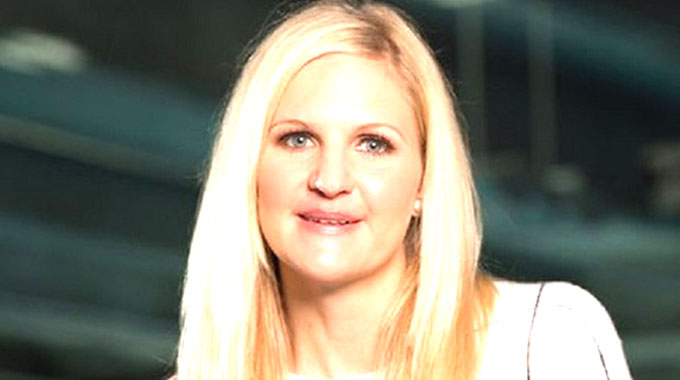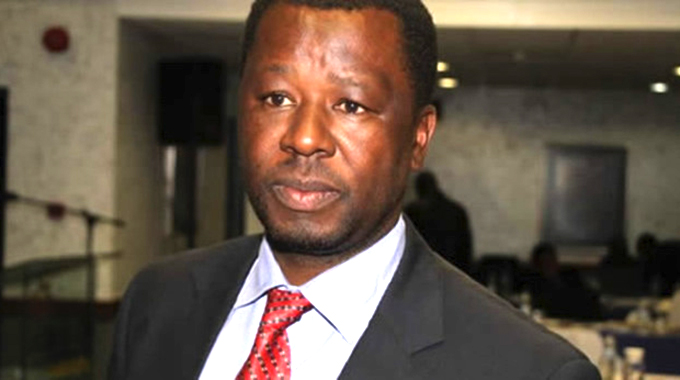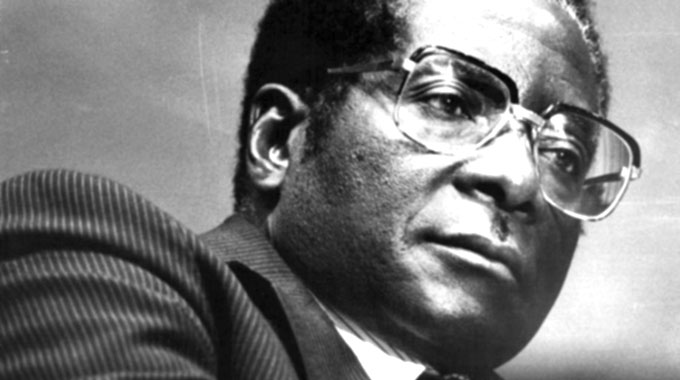Refugees rejoice on eve of return to homes

The Sunday Mail, 20
January 1980
THE experience is as tangible as the dust here today as 1 000 Rhodesian war refugees prepare to return to their homeland tomorrow.
Many of them have existed in the camp of crowded tents, corrugated iron huts and barbed wire fences on the outskirts of this copper mining town for more than two years.
Except for their leaders, the refugees have been barred from the town, so tomorrow will be their first contact with the world outside the wires in a long time.
There are 26 000 Rhodesian refugees in three camps in Botswana. They will be moved by rail and road to Plumtree at a rate of at least 1 000 a day over coming weeks.
They will also be the first of nearly 300 000 Rhodesian war refugees the others are in Zambia and Mozambique and also need to be repatriated. The aim is to bring them all home in time for the election beginning on February 27.
Botswana’s refugee problems are in the little league compared to those of Zambia and Mozambique, but the repatriation of the 26 000 is still the biggest single movement of people in the nation’s history.
The excitement first attired here some weeks ago when ZAPU officials first told refugees they were going home.
In the grinding boredom of camp life, a visit to the clinic was a break in routine, now at least there is something to look forward to.
Life in the camps has not been pleasant. The main business has been eating (food queues stretched throughout the days, the second meal being served as soon as the last meal has been fed), and sleeping (often 10 to a tent designed for five).
Despite the euphoria, the return home will still be a wrenching business for some. Many, out of contact for so long, will find their rural homes destroyed and relatives dead or missing.
Smoothing the way and easing the hardships of readjustment will be the responsibility of the United Nations High Commission for Refugees and concerned with the repatriation exercise.
Each Botswana refugee will be allowed to return with what he brought in the beginning and the blankets issued by the authorities here. With songs of praise and honorific hand-claps, the refugees last week have been thanking those who helped, and administered.
Dukwe camp, according to a Botswana Government announcement, will now be used to house South Africans, South West Africans and other assorted nationalities who seek refuge here.
LESSONS FOR TODAY
Home sweet home! Nothing beats freedom, because freedom is intrinsic in human beings.
People become refugees through no fault of their own. International law requires that as asylum seekers, refugees be accommodated by host nations led by the United Nations High Commissioner for Refugees (UNHCR), and other development partners.
Today, Zimbabwe is taking care of 14 000 asylum seekers from the Democratic Republic of Congo, Mozambique, Burundi, Rwanda, Somalia, Ethiopia, Sudan and Eritrea at Tongogara Refugee Camp.







Comments